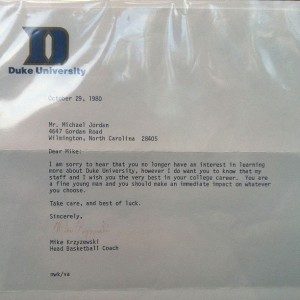One of the biggest issues we face as HR Pros is trying to get rid of our overpriced employees. Let’s be real – we made our own bed with this issue! We were the ones going to our ‘comp’ guy, going “No, we have to go over range, this talent is worth it!” Now you’re living with an employee making $20K more than the rest of team and all hell is breaking loose! To be fair, we aren’t the only ones who do this. Pro sports are classic for overpaying talent, that when the person signs looks like a great deal, but by year 4 or 5 all of sudden you wonder how do we get rid of this stiff! Hello, A-Rod! The Yankees overpay worse than any other pro sports team in history. For those who have been following recent developments with the Yankees – they have a major overpay problem with Alex Rodriguez. From CBS Sports:
“Rodriguez has five years and at least $114 million left on his deal and is recovering from a major hip injury that will cause him to miss a huge chunk of the 2013 season, if not all of it. He’s 37 years old and, while still productive when healthy, is clearly in the decline phase of his career. So obviously the Yankees would love to get out of this contract.
The only issue is … they likely have no shot at doing so.”
$114M – for a broken down, can’t hit his weight, third baseman! Makes you feel better about your overpaid employees, right!?
Let’s assume your overpaid employee isn’t horrible, but has become just average. Familiar? How do you get rid of an overpaid, high priced, average employee? I’ve got a few ideas:
1. Buy Out/Severance/Job Eliminataion – These aren’t all the same – but can be used to help you with this issue. For those HR Pros who have never used these options – you’re missing out. Let’s be clear, it costs money – but it also gives you legal protection and gets rid of a problem very quickly. Don’t blow this option off – you would be shocked at what amounts of money an employee would accept to go away. Start low in your negotiations! Make sure you work with legal to get the right paperwork drawn up to protect yourself against future litigation!
(I’ve been able to get middle management levels folks to go away for $25K! Huge positive impact to the team, production, engagement, etc. Best $25K I’ve ever spent)
2. Put them in a box – Most of our leadership teams suck at accountability – to get rid of an overpaid person you need to turn up the accountability to an uncomfortable level – this usually pushes them out the door. You can’t let off the gas – you really have to follow up on the accountability until the person bails. This can be painful and loud – and usually isn’t the cleanest way to get rid of person – if they’re smart, they’ll know exactly what you’re doing and could cause further problems then your overpay issue! Ironically, most HR Pros use this technique, over all else.
3. The Breakup Conversation – I’ve also had some good success having the breakup conversation. Face-to-face, nothing in writing, close the door and just get ‘real’. “Tim – we need to talk. You’re making $20K more than the next highest person on the team, and you’re not delivering that level of compensation. We’ve got to do something. That could be you leaving in some form – or, what do you think?” I’ve been amazed what my overpaid workers have come up with in terms of possible solutions. I’ve had people retire after these conversations. Put themselves into a tighter box then I ever would have created. Even offered up taking a pay cut because they love the company and the job – and realize ‘we’ made an error and it’s become a problem. I’ll be honest – in my career – pay cuts rarely work out – be cautious using them – but breakup conversations can lead you to a solution!

